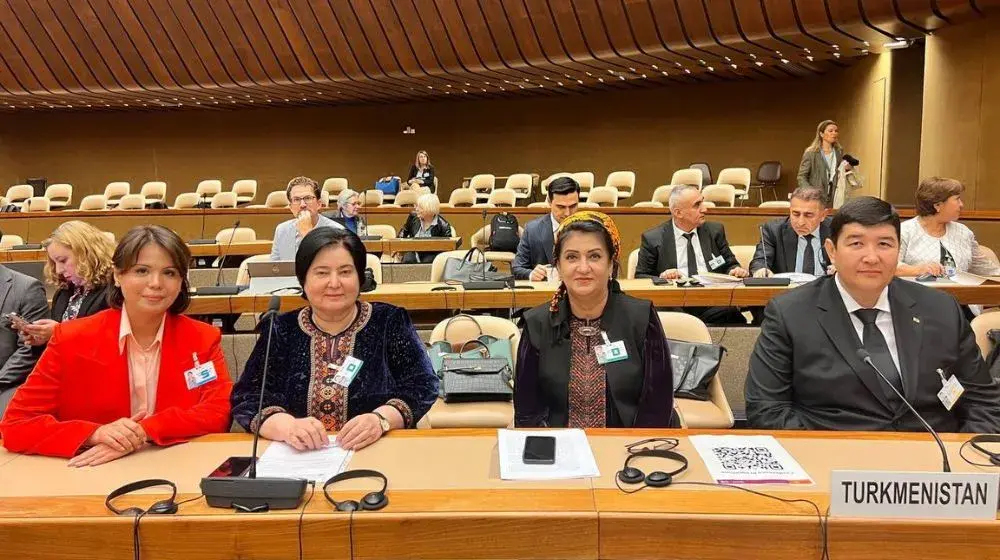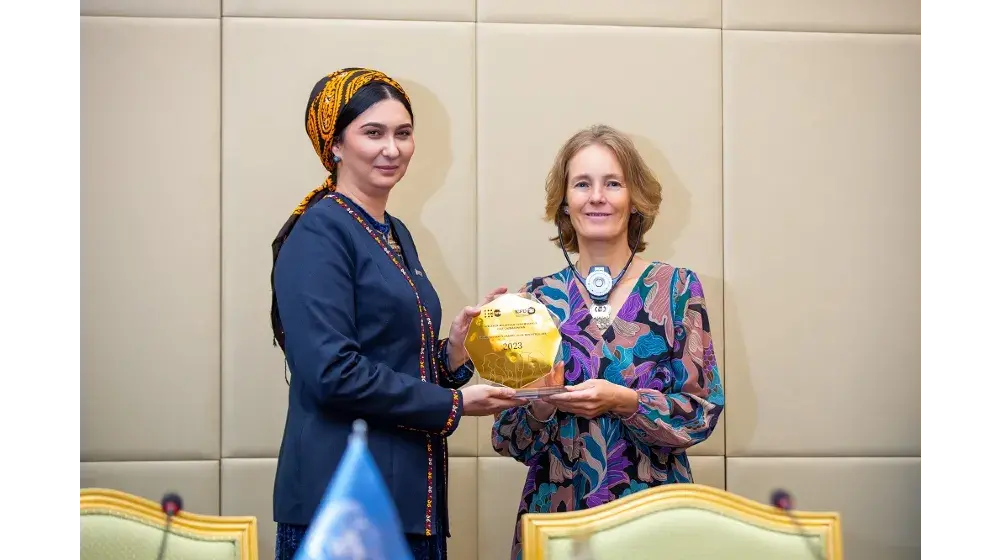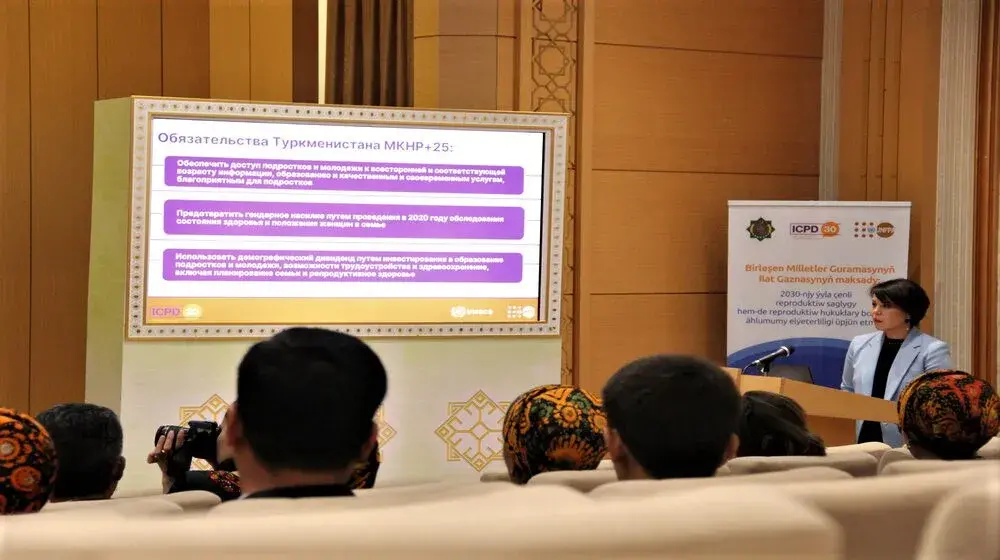United Nations Population Fund, continues to support the Turkmen State Medical University (TSMU) in providing quality high medical education in the area of Emergency Obstetric Care (EmOC).
UNFPA international experts Dr. Mourad Seif and Dr. Rosemary Howell of Royal College of Obstetricians and Gynecologists and University of Manchester (Great Britain) visited Ashgabat to support the TSMU faculty members in revising the postgraduate curriculum on EmOC and delivered it during the master class training.
During his mission, Dr. Seif updated the curriculum with new innovative modules, acute drill scenarios and proposed new approaches for the student oriented competencies and practical skills based learning. Ten faculty members of the Medical University provided their input into the design of the revised curriculum, which will equip the obstetricians of Turkmenistan with comprehensive skills to deal effectively with obstetric emergency with ultimate aim of reducing maternal mortality.
After the revision of the curriculum, Dr. Howell conducted master class training for five faculty members of the postgraduate education of obstetricians at the Obstetrics and Gynecology Department of the Medical University. During the master class, fifteen obstetricians from the regions acquired practical skills on EmOC, in accordance with the revised curriculum. The national specialists will continue conducting trainings for obstetricians on regular basis at the postgraduate education department of the University.
“The novelty of the event is that UNFPA works with the Medical University to design the new course to be integrated into the curriculum of the University instead of conducting random trainings for the specialists,” said Dr. Seif. “This nationally owned mechanism will ensure a more comprehensive and cost-effective approach to training the local specialists and will guarantee sustainability”.




